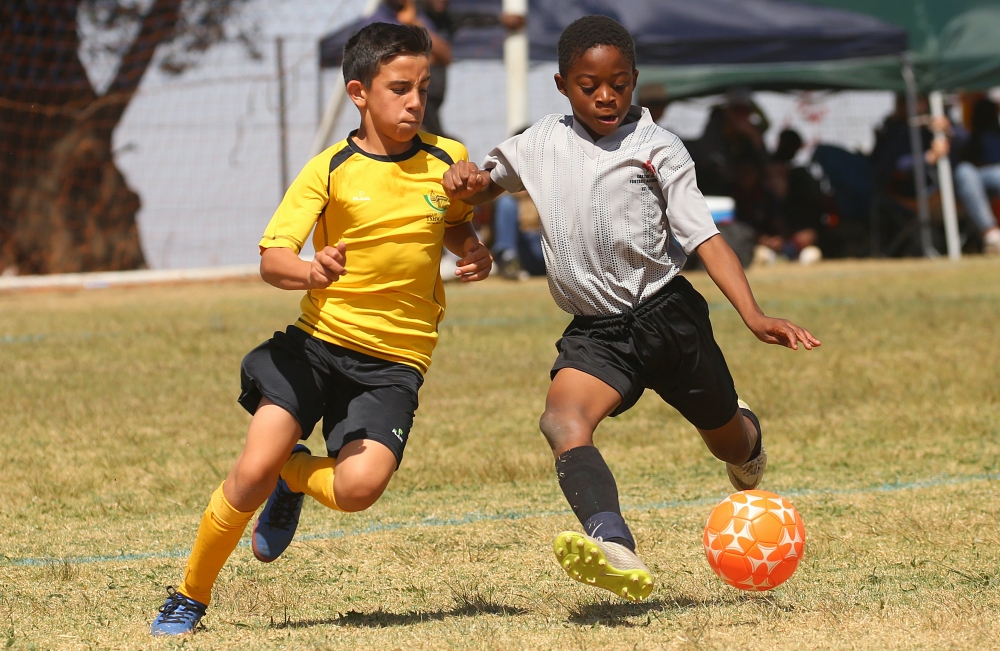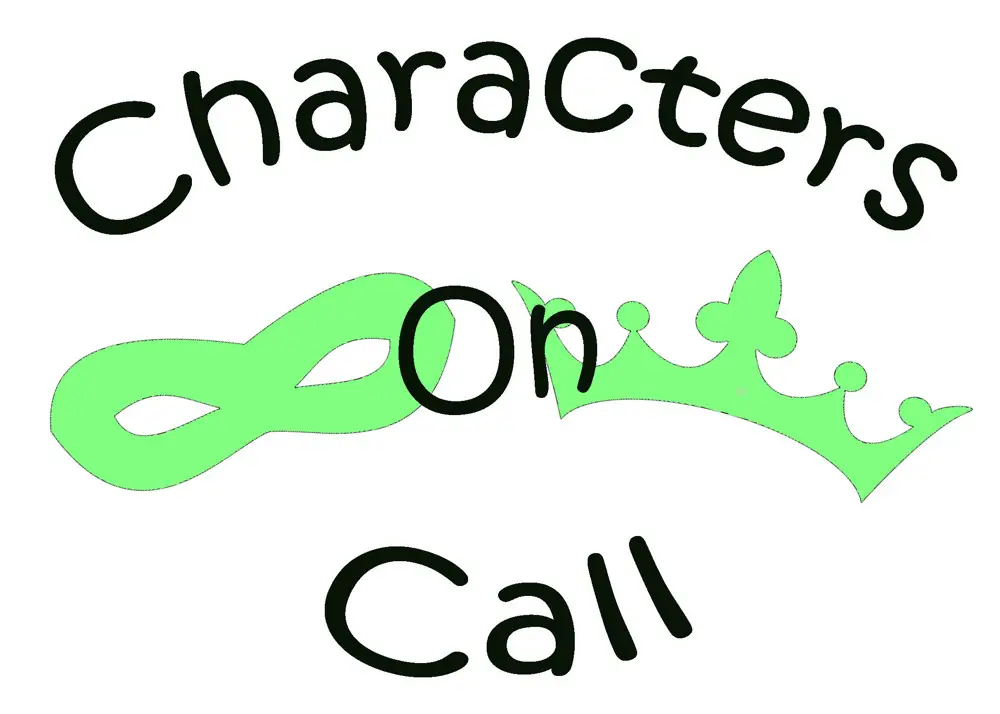6 Common Causes of Chest Pain in Kids and When to Worry
Hanano Watanabe, M.D., M.S., pediatric cardiologist at Children’s Hospital of Brooklyn at Maimonides Medical Center, shares what you need to know about chest pain in kids.
Hanano Watanabe, M.D., M.S., pediatric cardiologist at Children’s Hospital of Brooklyn at Maimonides Medical Center, shares what you need to know about chest pain in kids.




Norwalk, CT Winston Preparatory Connecticut is a leading school for students with learning differences, including dyslexia, ADHD, and nonverbal learning disorders...

Characters On Call is a group of entertainers made up of professional actors, childcare workers, teachers, and artists with big hearts and big imagina...

Flushing, NY For more than 55 years, Whitestone Lanes has been family owned and operated. We offer bowling leagues for adults and children of all ages. Starting Sa...

Allendale, NJ Sky Zone is the world’s first indoor trampoline park. We’re the inventors of “fun fitness” and the makers of trampolines as far as the eye can see. We...